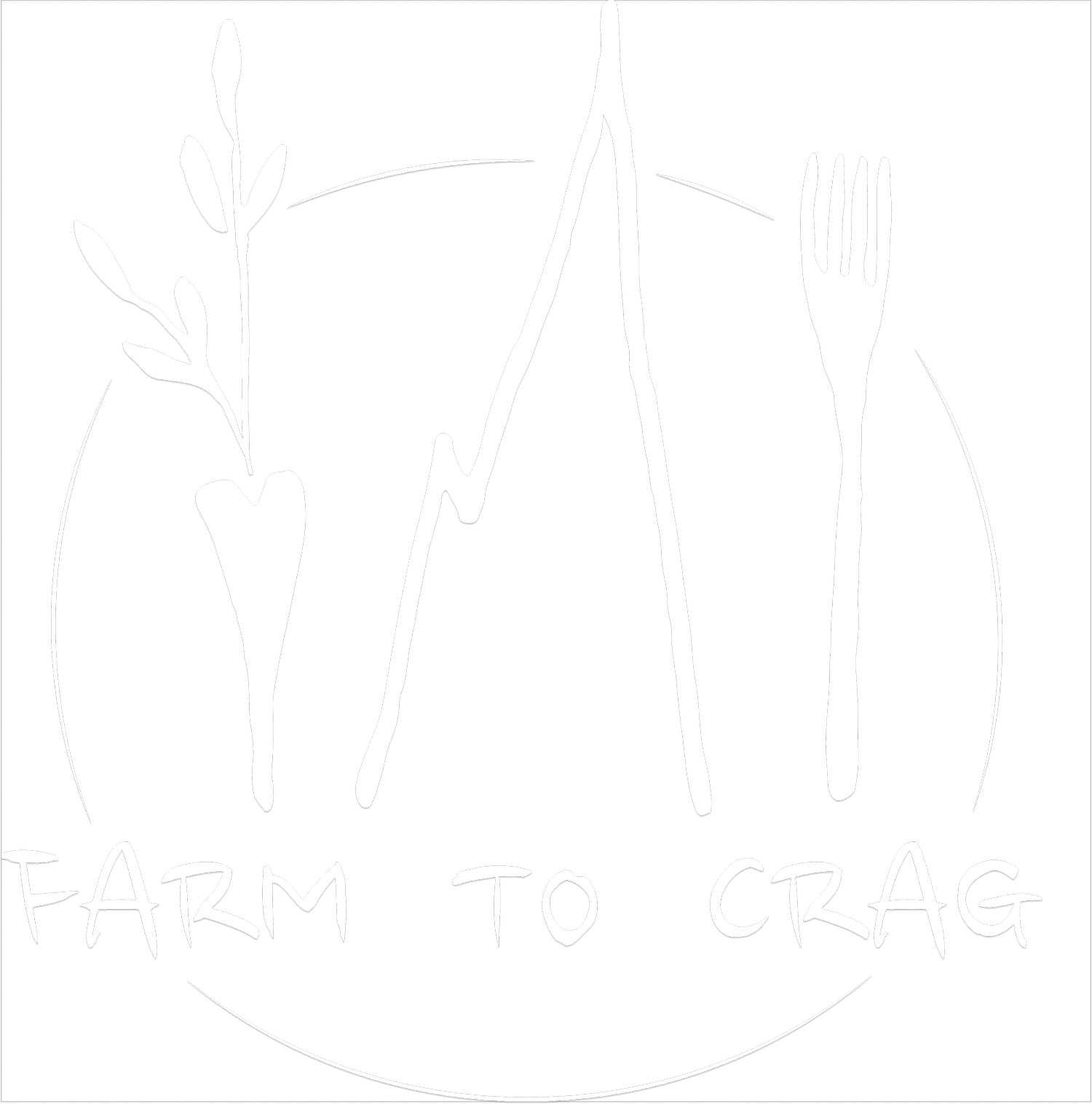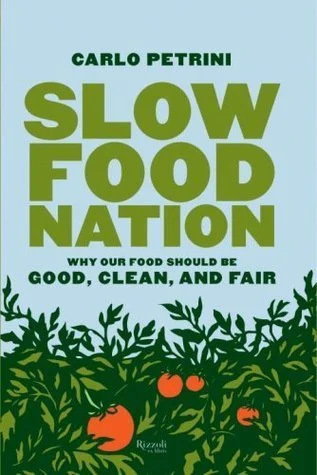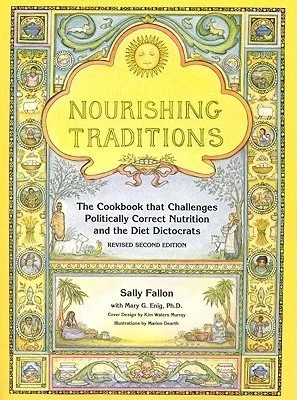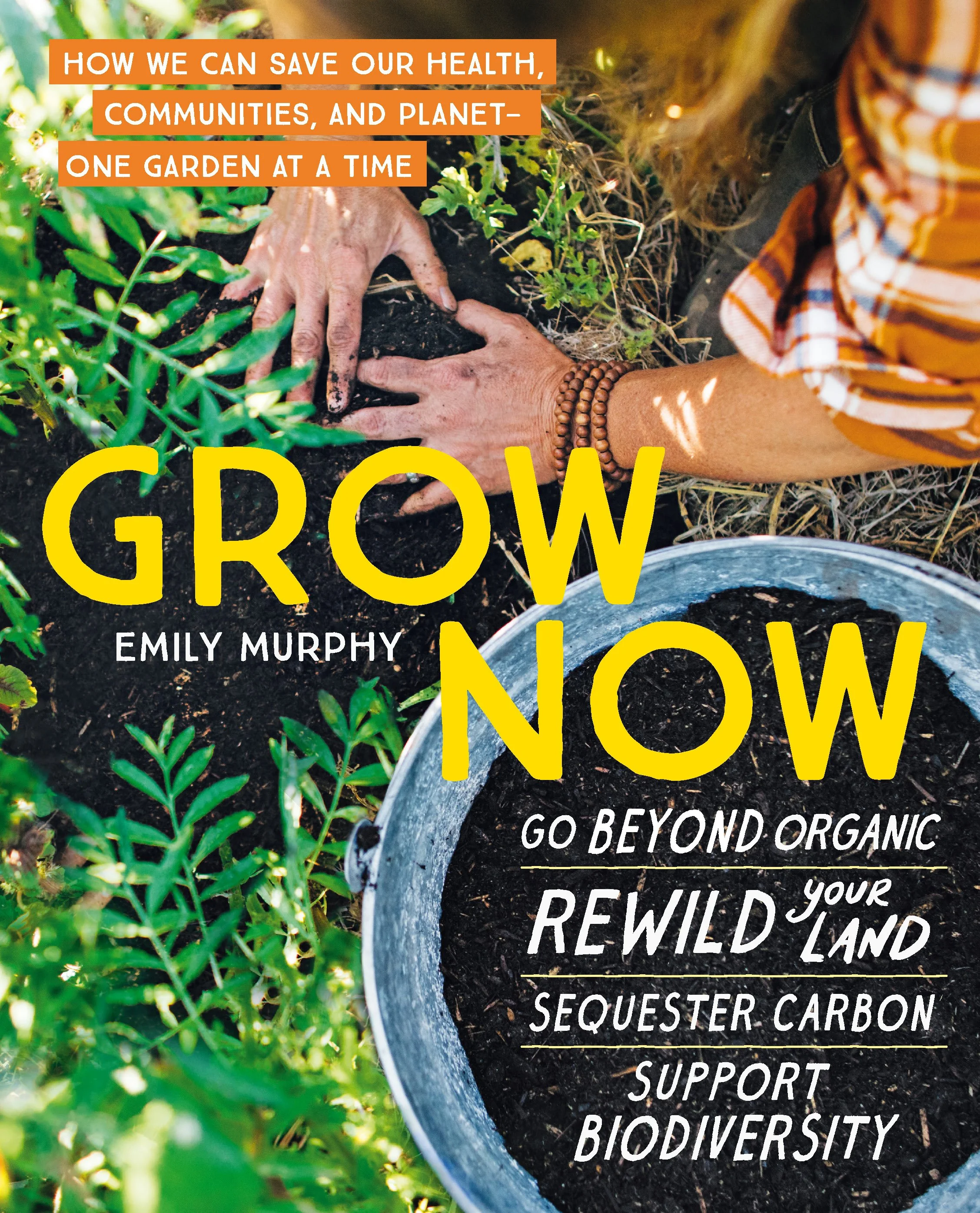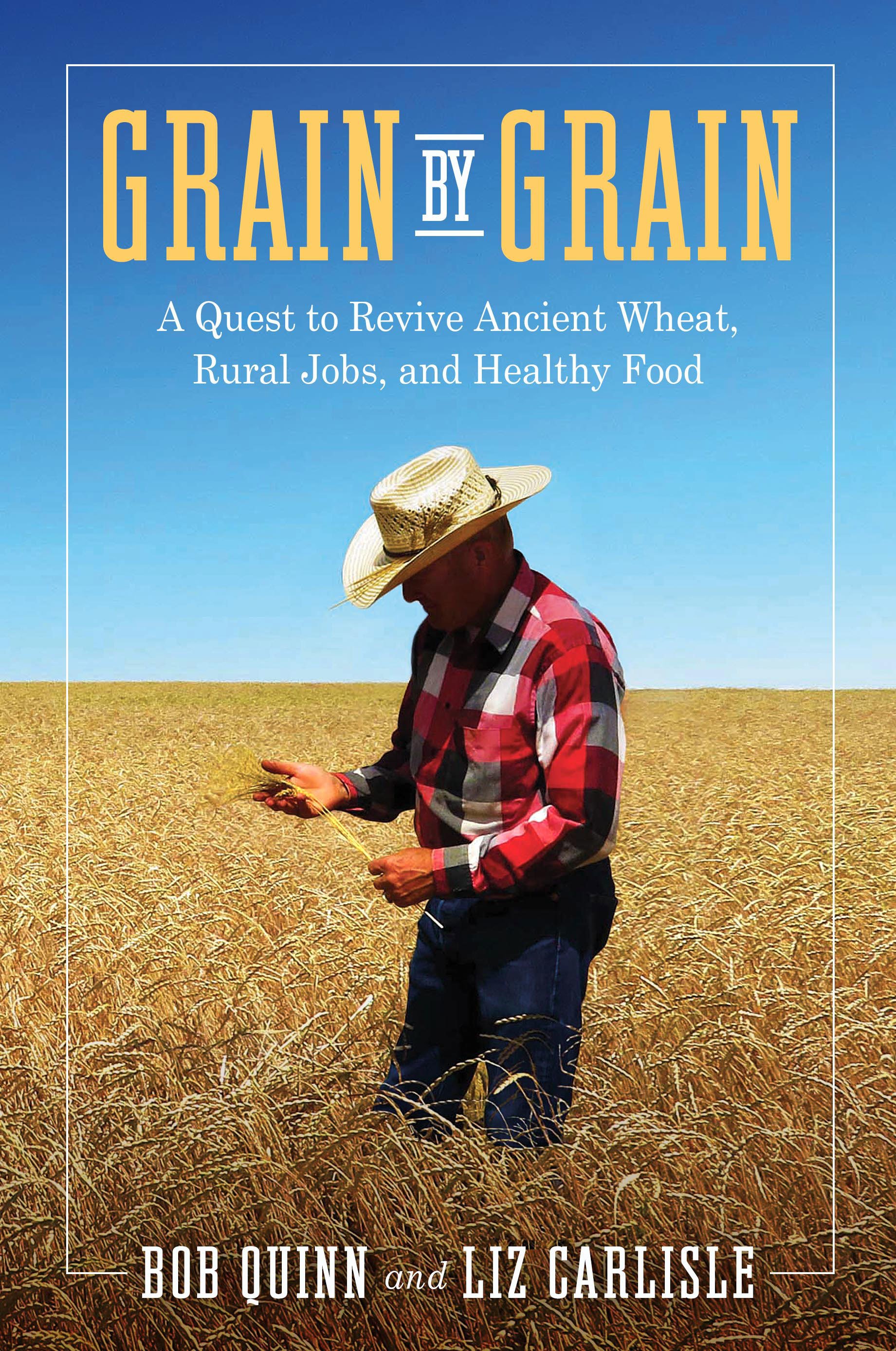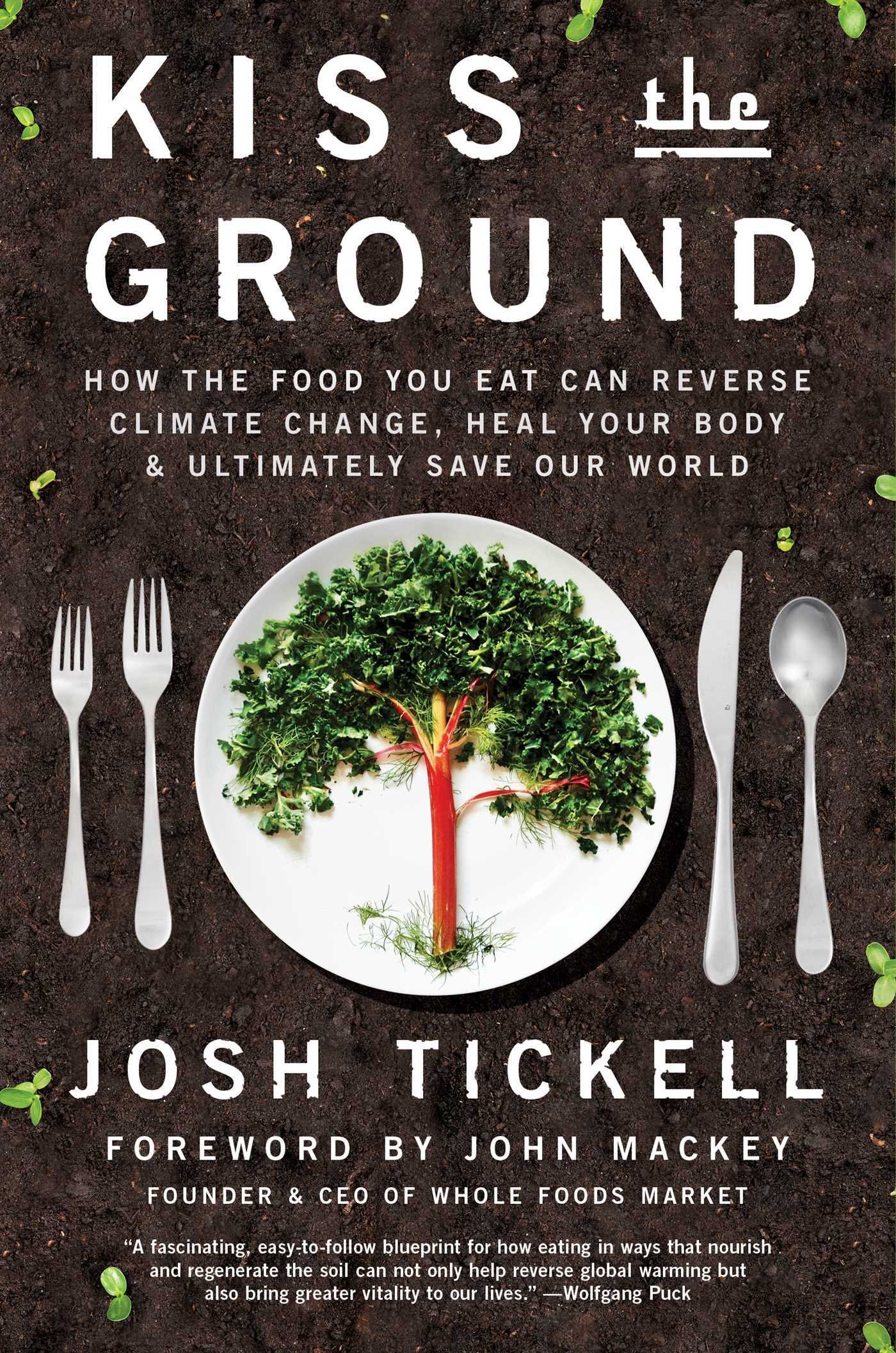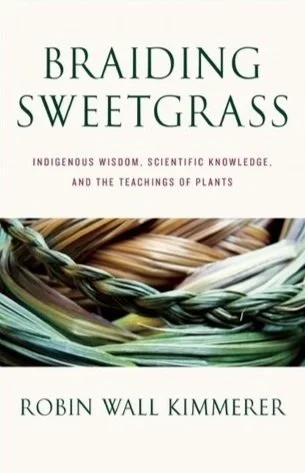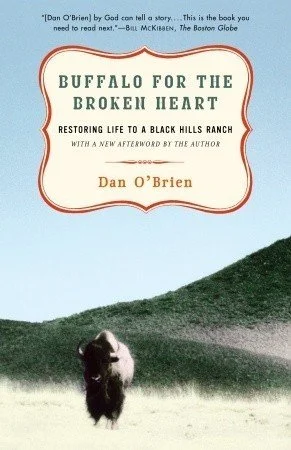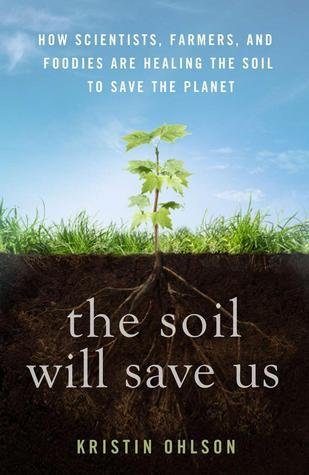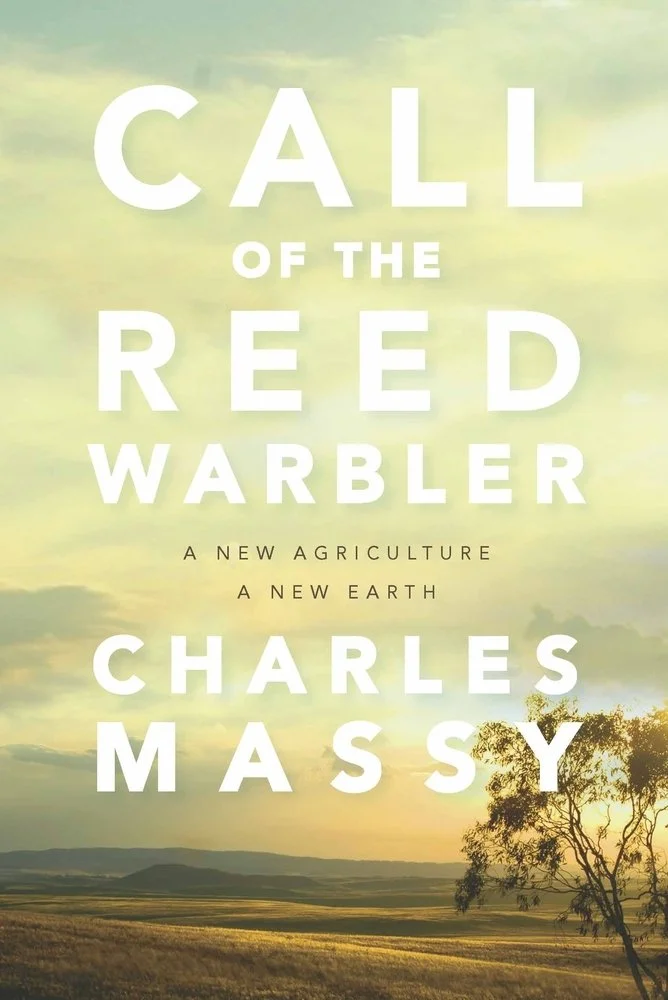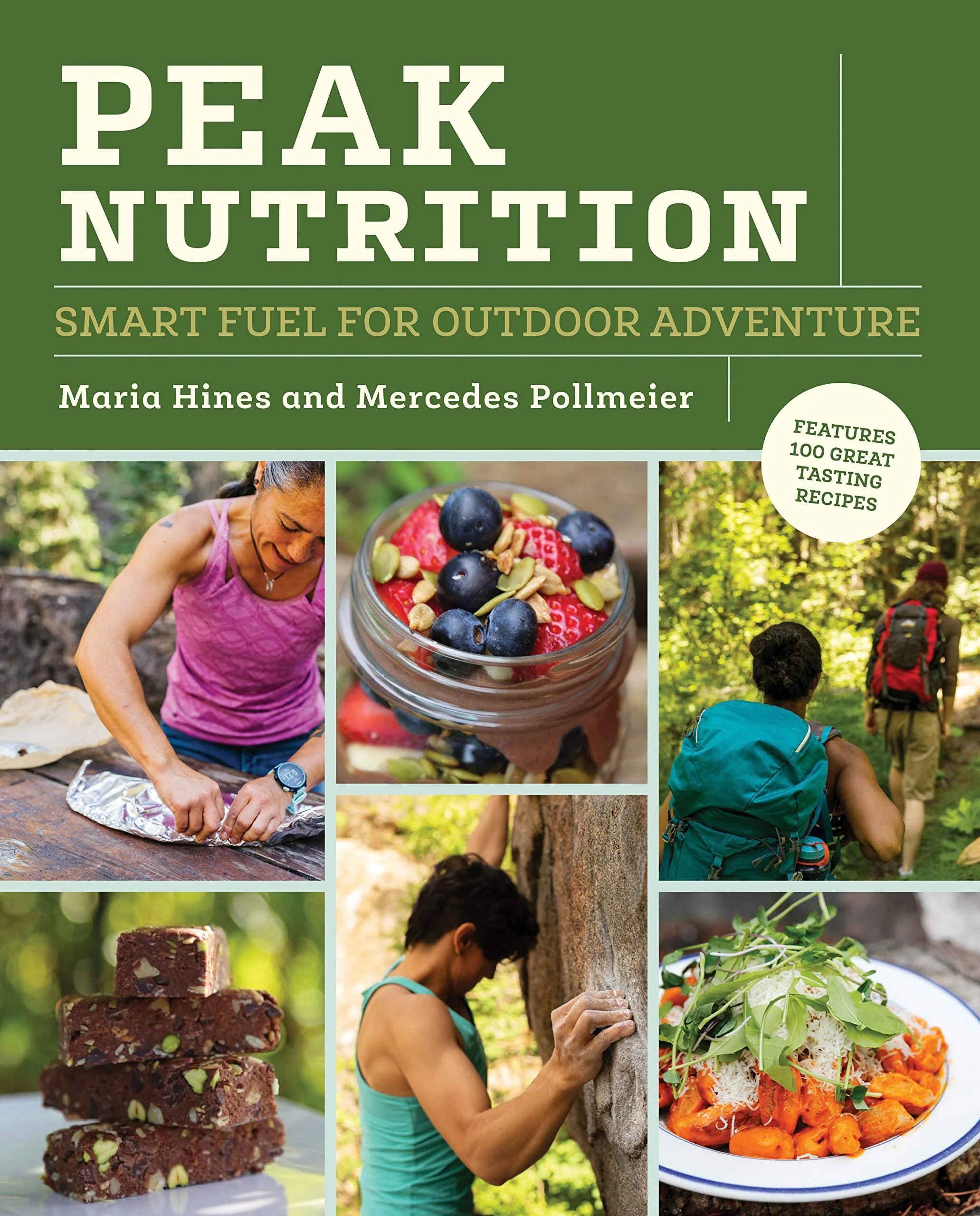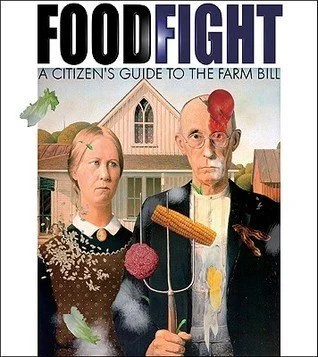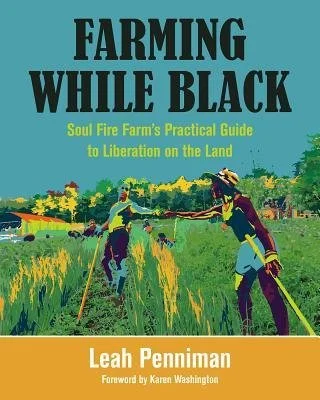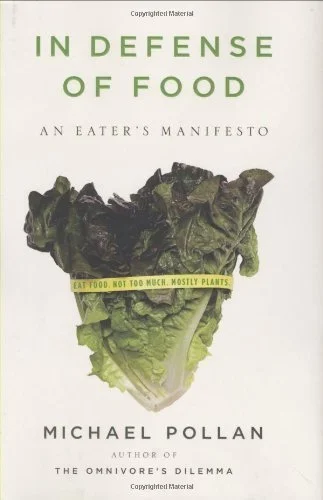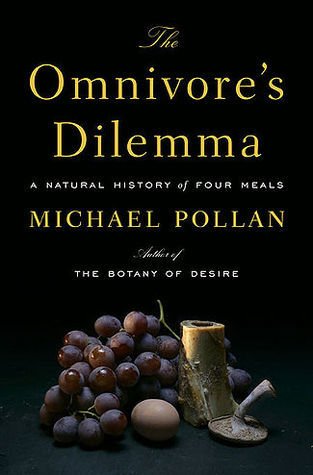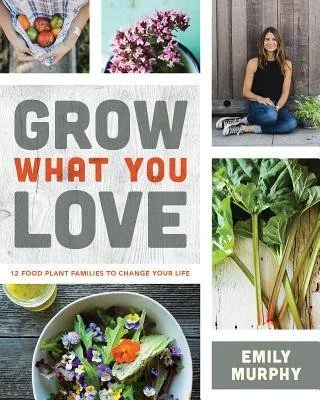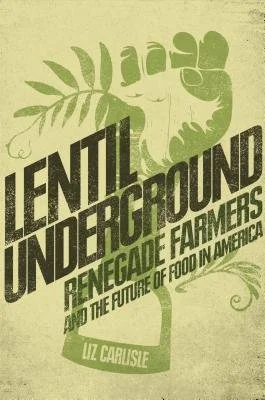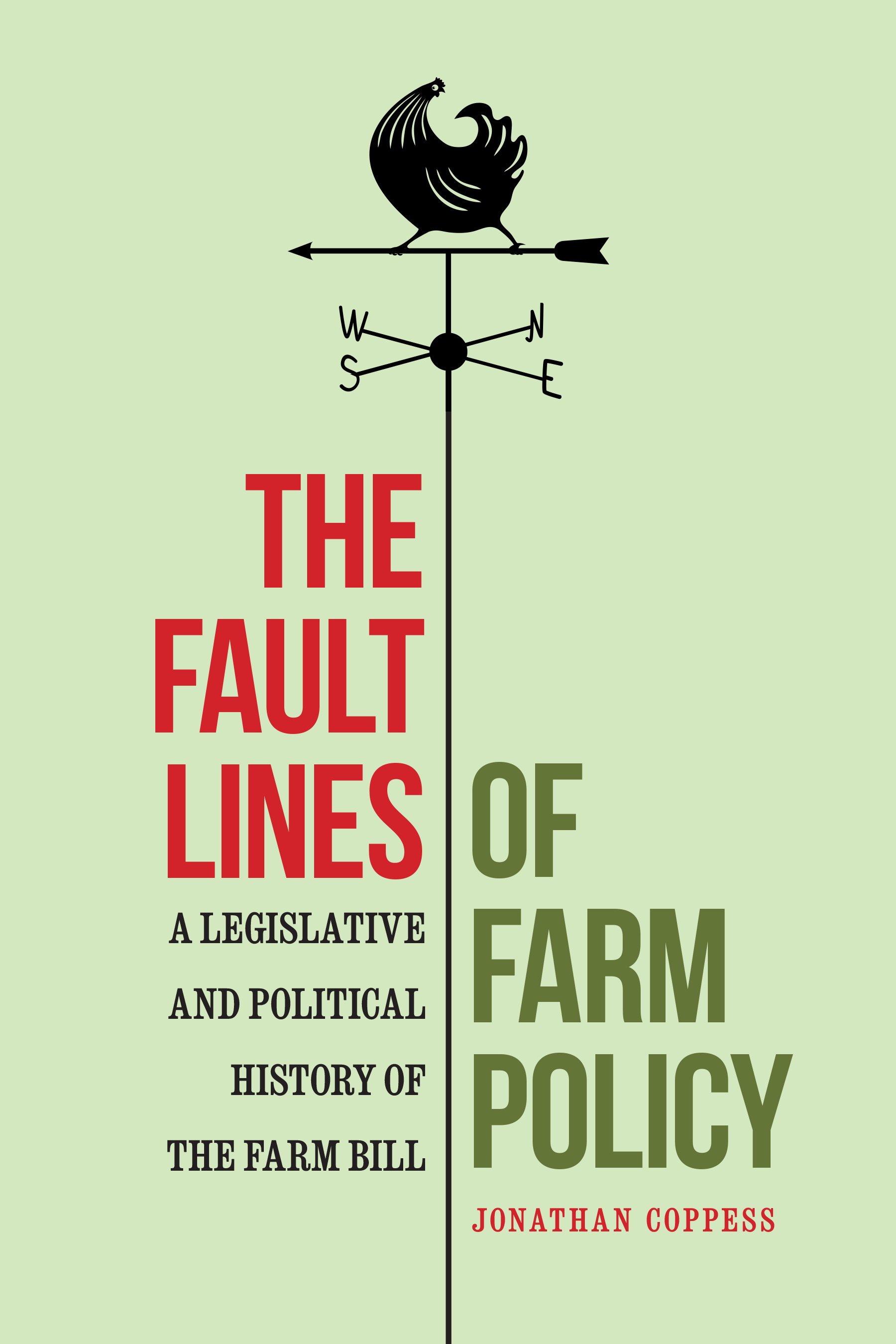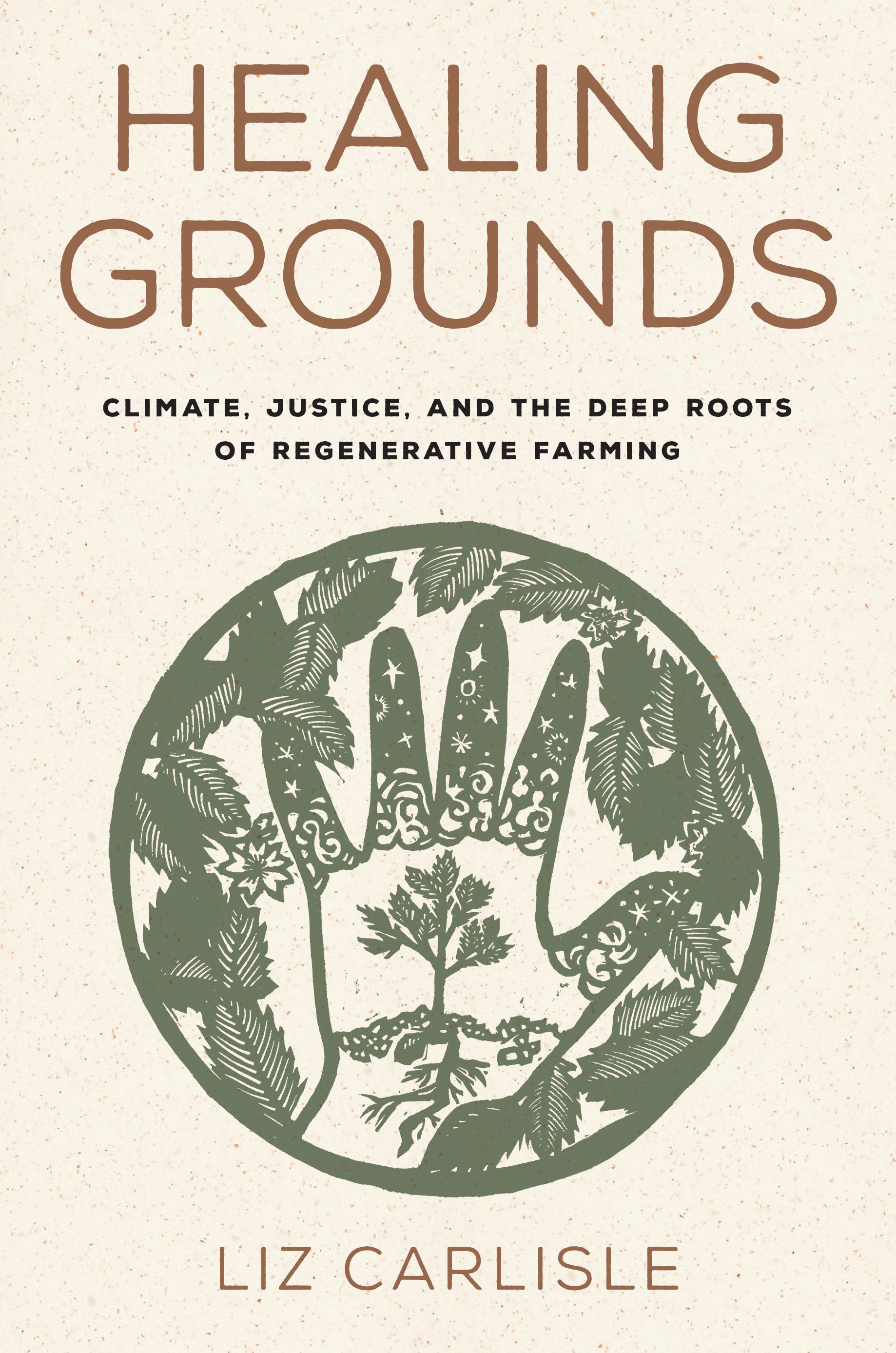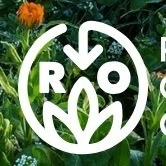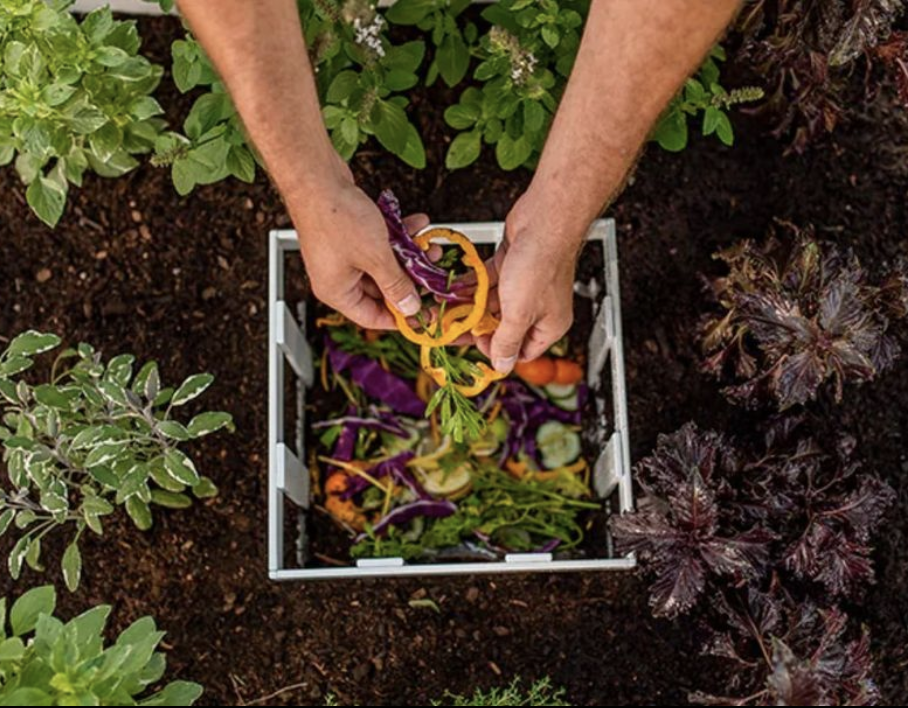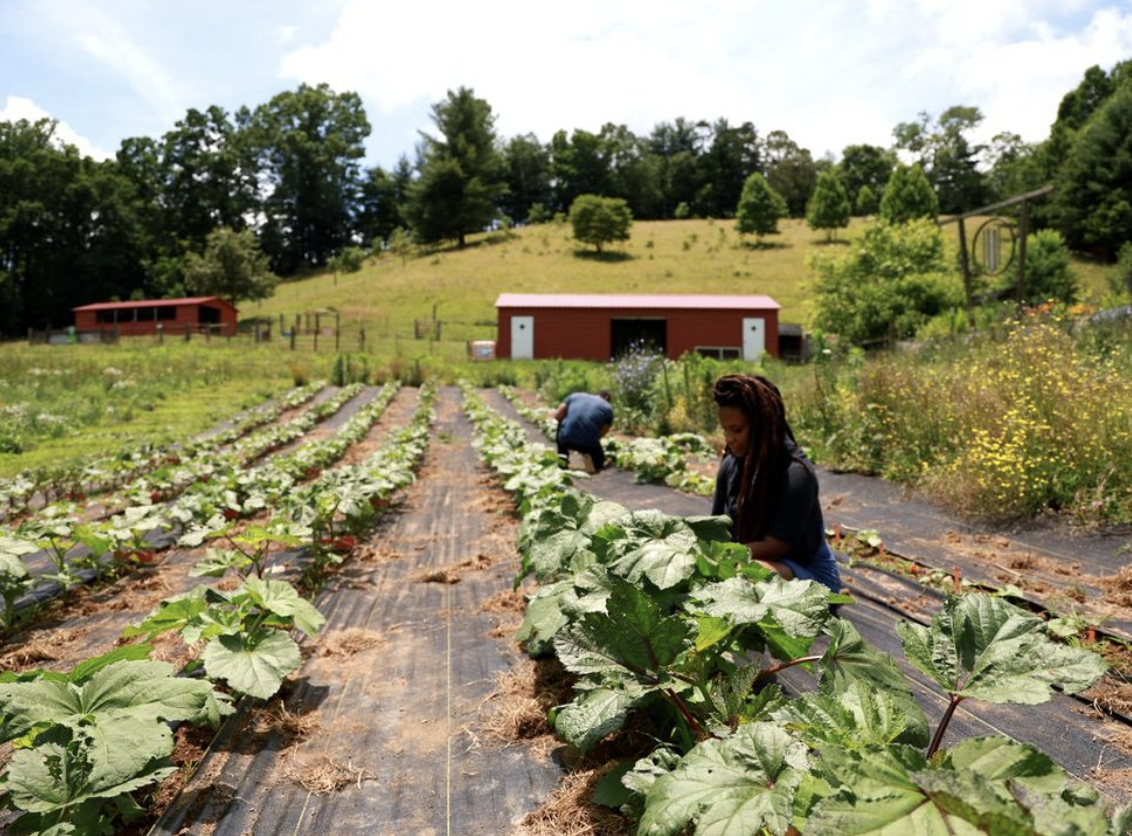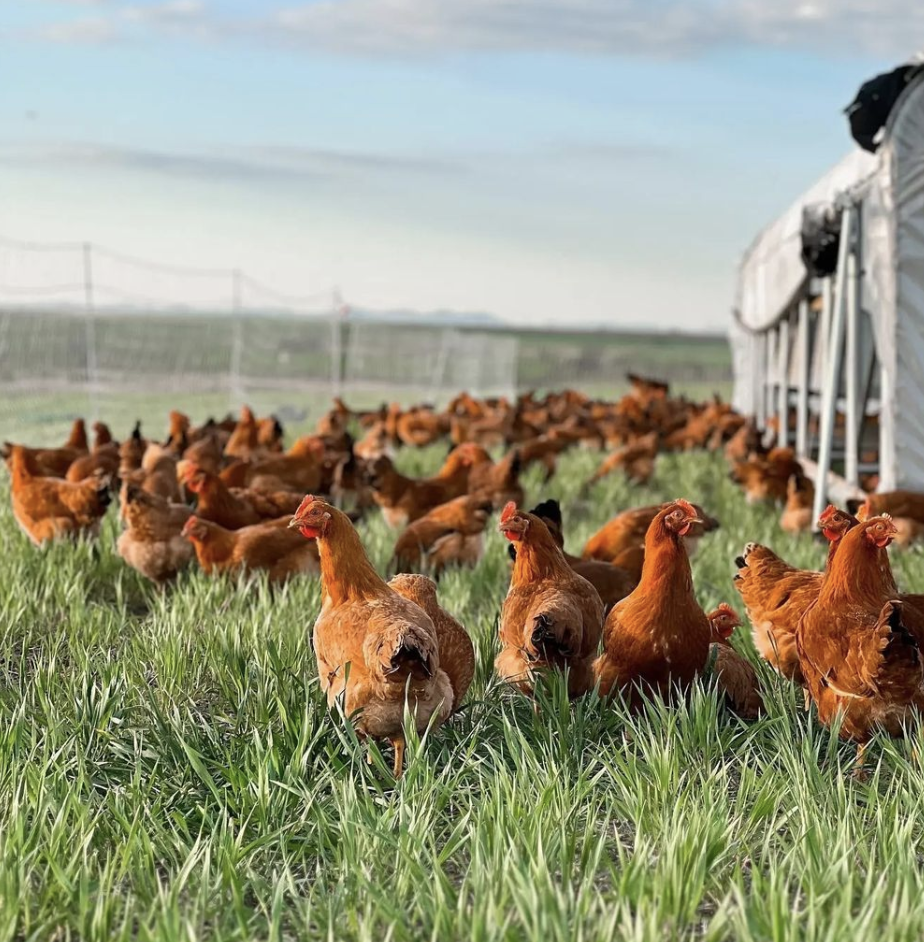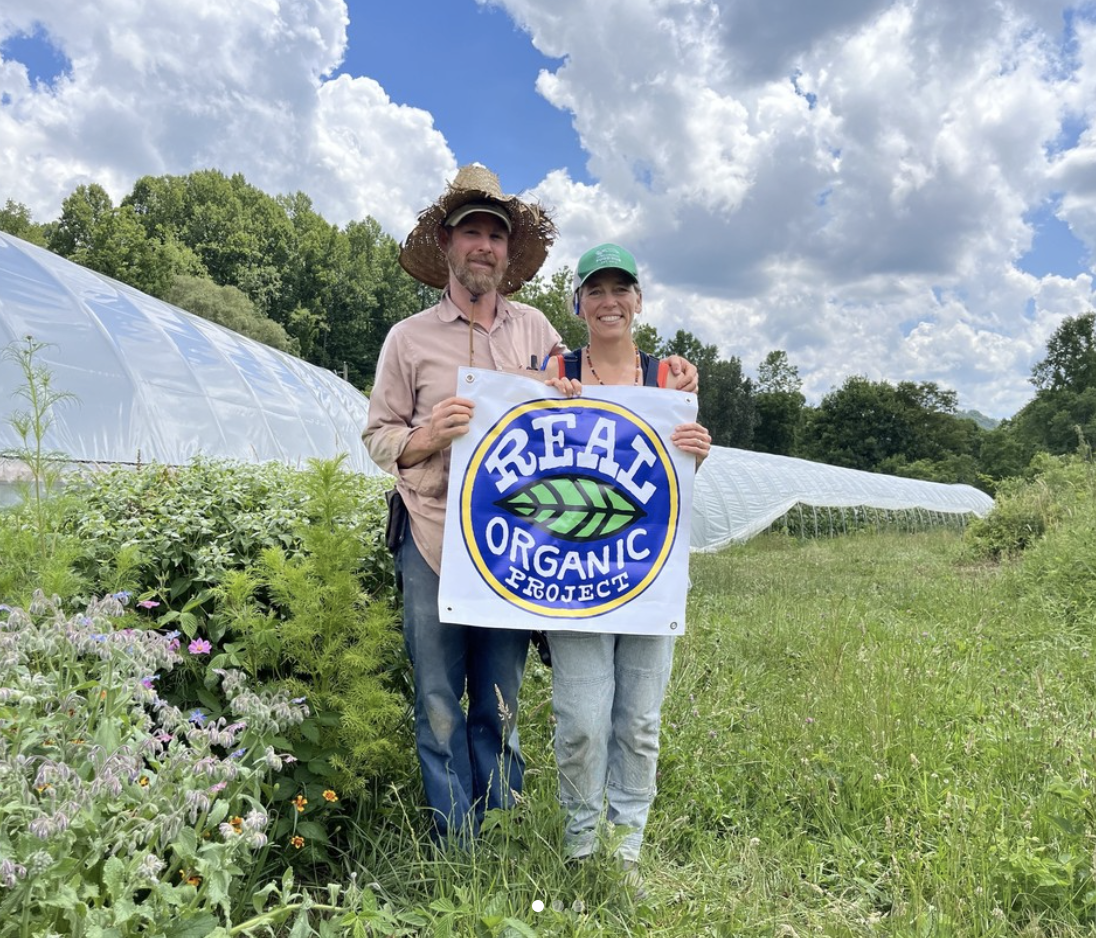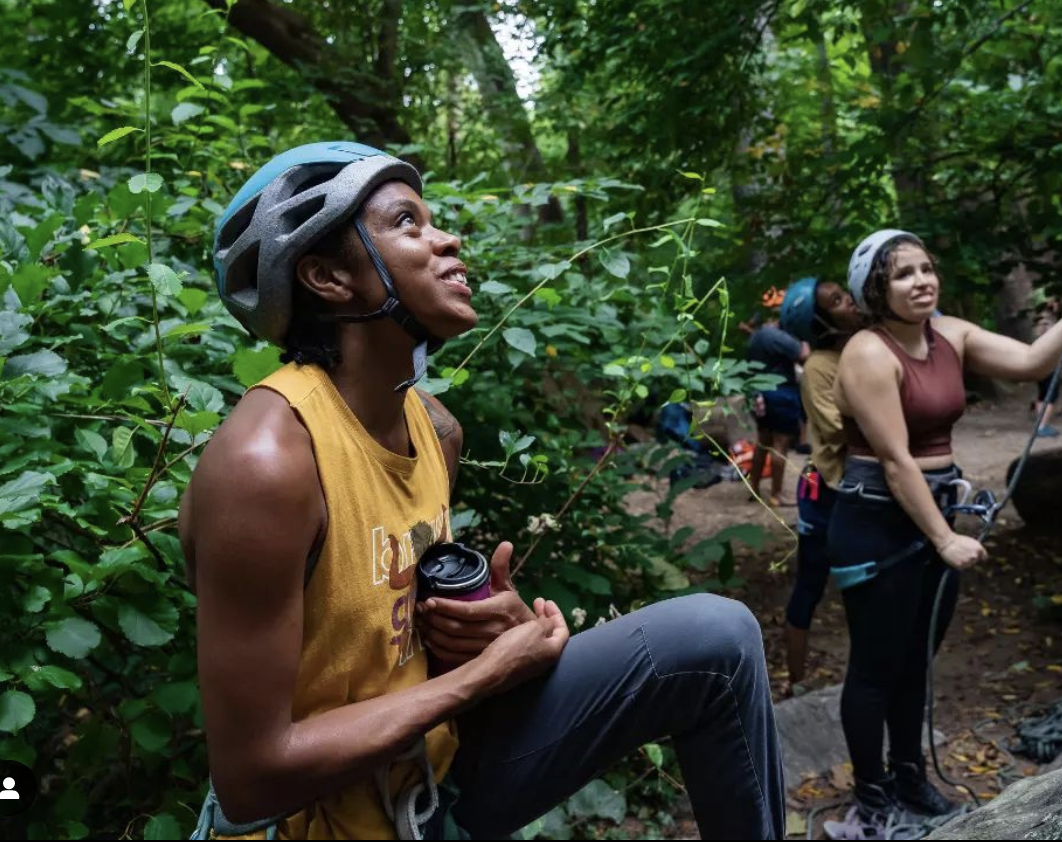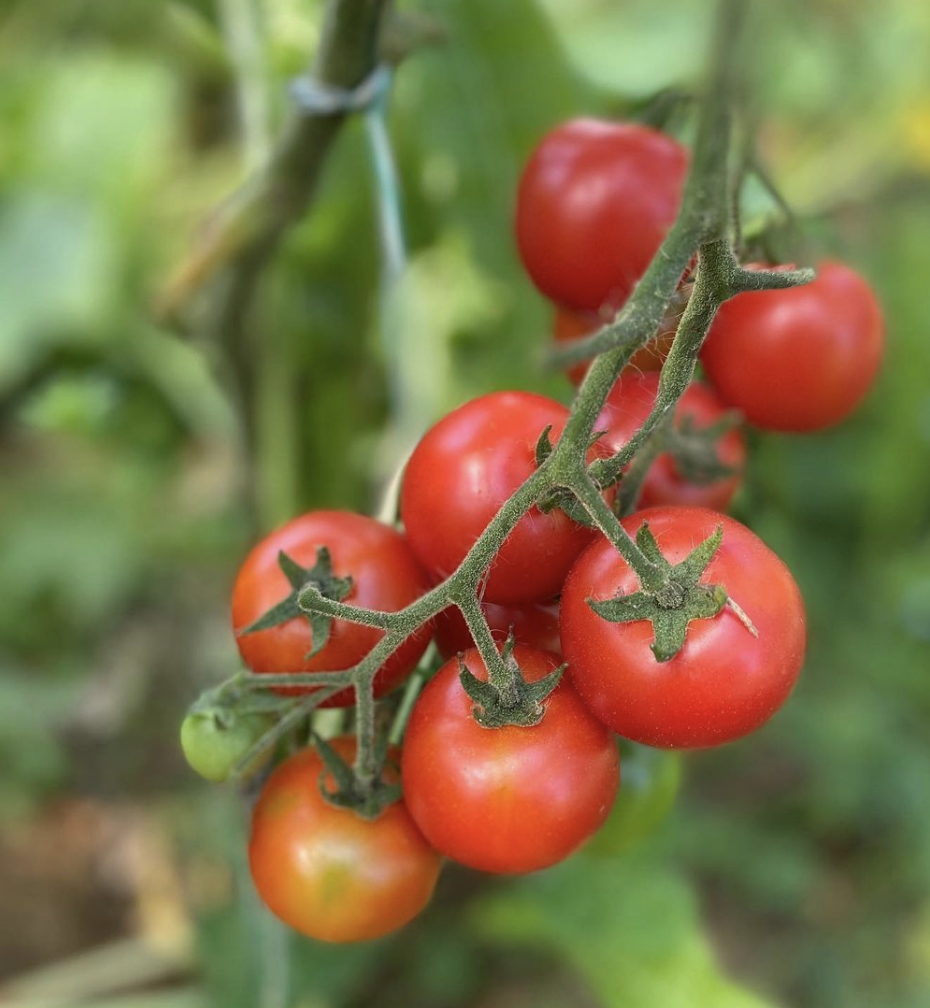
Resources
Our goal is to foster a space to not only learn from our peers about important issues, but also to forge lasting connections between climbers and farmers. To aid in these efforts, we’ve compiled some helpful resources to get us started in this work to change the way we farm and eat.
Food + Health
-
■ National Sustainable Agriculture Coalition: NSAC is a coalition of 100 grassroots organizations across the country working to change the food system through policy, advocacy, and education - connect with an organization working on regenerative agriculture in your region.
■ Kiss The Ground: A leading voice in raising awareness for regeneration through storytelling, education, and advocacy.
■ Sustainable Agriculture Research and Education (SARE): A decentralized competitive grants and education program.
■ NCAT’s Appropriate Technology Transfer for Rural Areas (ATTRA): A trusted source of sustainable agriculture information and maintains a knowledge base of practical multimedia resources for farmers, ranchers, and educators.
■ UC Davis Sustainable Agriculture Research & Education Program: A primary function of the program is to provide funding for sustainable agriculture- related research and education projects.
■ USDA’s National Agricultural Library: Learn the legal definition of sustainable agriculture, find organizations to help with sustainable farming, discover funding resources, and access articles from their collection on the subject.
■ Soil Health Institute: Their mission is to safeguard and enhance the vitality and productivity of soils through scientific research and advancement.
■ NRDC: NRDC interviewed more than 100 farmers and ranchers who are building healthy soil and growing climate-resilient communities across the country. This guide incorporates much of what they learned.
■ Real Organic Project: Started by farmers to protect the meaning of organic.
■ Ecology Center: Their offerings include farmers’ markets, residential curbside recycling, classes and workshops, Youth Environmental Academy, help desk and hotline, book & DVD library and seed library, store for sustainable living, and a demonstration house and garden.
■ Stone Barns Center for Food and Agriculture: Mission is to shape an ecological food culture that centers farmers and their stewardship of the land to amplify their success.
■ Organic Seed Alliance: Advances ethical seed solutions to meet food and farming needs in a changing world, through education, research, advocacy, and a national organic seed producers directory.
■ Ecological Farming Association: Advances just and ecological farming and food systems through education, alliance building, celebration and advocacy.
-
■ National Sustainable Agriculture Coalition: An alliance of grassroots organizations that advocates for federal policy reform to advance the sustainability of agriculture, food systems, natural resources, and rural communities. Includes a weekly policy blog and list of state and local organizations working on sustainable agriculture issues across the US.
■ Regenerate America: A coalition of farmers, businesses, nonprofits, and individuals advocating for regenerative agriculture in the US Farm Bill.
■ HEAL Food Alliance: A national multi-sector, multi-racial coalition of 55 organizations. They are led by our members, who represent over 2 million rural and urban farmers, ranchers, fishers, farm and food chain workers, indigenous groups, scientists, public health advocates, policy experts, community organizers, and activists.
■ American Farmland Trust: As a leader in the conservation movement, AFT works to protect agricultural land from development, promote environmentally sound farming practices, and keep farmers on the land.
■ Farmer Justice Collaborative: The mission is to ensure that farmers of color are empowered to directly participate and effectively lead in building a fair food and farming system in California—uniting farmers, advocates, and other allies to challenge historic and ongoing racism and other forms of structural oppression in order to create the comprehensive change needed to build this system.
■ American Grass Fed Association: Provides certification, market support, education, research, and advocacy on behalf of grass-fed ruminants and dairy and pastured pork producers and supporters.
-
■ USDA NRCS: NRCS helps farmers and other partners protect and conserve natural resources and offers technical and financial assistance to offset the costs of adopting regenerative farming practices.
■ USDA Disaster Resource Center: The Disaster Resource Center provides information on how to prepare, recover and build long-term resilience during disasters and emergencies.
■ USDA Pandemic Assistance for Producers: USDA is dedicated to reaching a broad set of producers and agricultural businesses through our Pandemic Assistance for Producers initiative.
■ USDA Guide to USDA Sustainable Farming Programs: This guide breaks down dozens of federal programs offered by the United States Department of Agriculture for farmers and ranchers.
■ California Department of Food and Agriculture—Farmer Resource Portal: designed to help farmers and ranchers find key information about CDFA grant programs, information about important regulations that affect farmers, CDFA boards and commissions and resources CDFA offers for farmers and ranchers in multiple languages.
■ American Farmland Trust: An American Farmland Trust grant program providing direct support to farmers and ranchers across the country. 100% of donations are given to farmers.
■ Zero Food Print—Restore Farm Grant: Zero Foodprint awards grants in California and Colorado for farms doing the work to turn bad atmospheric carbon into good soil carbon.
■ Farmer Veteran Coalition—Farmer Fellowship Fund: A small grant program that provides direct assistance to veterans who are in their beginning years of farming or ranching.
■ Slow Money: 0% loans to local, organic farms and small food enterprises.
Farming + Advocacy
-
■ High Sierra Nutritional Wellness: Professional climber and Farm to Crag Board Member, Katie Lambert, is using food as medicine and has a wealth of knowledge on how to best nourish and heal the body with real, whole, and traditional foods.
■ Nutrition & Recovery Archives: Eric Horst, climber and host of the “Training 4 Climbing” podcast has compiled sports nutrition advice and services specific for climbers.
■ The Nourishing Nomad: Former Farm To Crag founding member, Linda Williamson, provides functional nutrition coaching focused on optimizing digestive function, correcting signs and symptoms at their root, and using a nutrient-dense diet to fuel your climbing adventures.
-
■ Farm To Crag Map: Think of this as your own climber-sourced Yelp to help you to locate farms, farmer’s markets, grocers, butchers, restaurants, cafes, bakeries, and other local food near your climbing area: for climbers, by climbers!
■ USDA’s Local Food Directory: A guide for finding CSAs and farmer’s markets.
-
■ FoodPrint: Seasonal food guide and app for seasonal buying and cooking.
■ Seasonal Food Guide: Find out the seasonality of a variety of produce.
-
■ Johns Hopkins Center for a Livable Future—Food System Primer: Start here to dive into our food system.
■ National Center for Appropriate Technology (NCAT)—Regional Food Systems: Learn more about regional food systems.
■ Sustainable Agriculture Research & Education—Local & Regional Food Systems: Learn more about regional and local food systems.
■ Union of Concerned Scientists—Food & the Environment: Research and analysis in agricultural science, public health, and economics, uses that work to support a science-based vision for a better US food system.
■ Journal of Agriculture, Food Systems and Community Development: Includes academic papers on a wide range of food system topics.
■ Civil Eats—Regenerative Agriculture: Daily news source for critical thought about the American food system. We publish stories that shift the conversation around sustainable agriculture in an effort to build economically and socially just communities.
-
■ Wellness in the Schools: Among other programs, brings gardening into the classroom.
■ The Lunchbox Program: Provides tools and resources to schools to transition to healthy, from-scratch, whole food meals to students.
■ Farm to School: Enriches the connection communities have with fresh, healthy food and local food producers by changing food purchasing and education practices at schools and early care and education sites.
■ The Edible Schoolyard Project: Alice Waters’s project in Berkeley is a great online resource for at home or at school learning ideas.
■ Life Lab: Cultivates children’s love of learning, healthy food, and nature through garden-based education. Curriculum is available for download from their website.
■ Collective School Garden Network: Put together by Western Growers Association (Arizona and California farms). There is an online curriculum available for download. Their mission is to get a garden at every school in Arizona and California.
-
■ Feeding America: The nation’s largest domestic hunger-relief organization, working to connect people with food and end hunger.
■ Slow Food: Education and advocacy toward changing the world’s food systems to support sustainable farming and eating.
■ Food Tank: Building a global community for safe, healthy, nourished eaters. They spotlight and support environmentally, socially, and economically sustainable ways of alleviating hunger, obesity, and poverty and create networks of people, organizations, and content to push for food system change.
■ Food First: The mission of the Institute for Food and Development Policy, better known as Food First, is to end the injustices that cause hunger. Food First envisions a world in which all people have access to healthy, ecologically produced, and culturally appropriate food.
■ Seafood Watch: Resource for education about the health of the ocean, and for making sustainable seafood choices for consumers and businesses.
-
Good Food Jobs: a gastro-job search tool, designed to link people looking for meaningful food work with the businesses that need their energy, enthusiasm, and intellect. They post opportunities with farmers and food artisans, policy makers and purveyors, retailers and restaurateurs, economists, ecologists, and more.
Last updated: Jun 7, 2023
Books
Who We Follow
Non-Profit, Regenerative Organic
Farming Research, Rodale Institute
Food Systems Knowledge, Civil Eats
Network, Regenerative Farmers of America
Community Organization, Real Organic Project
Indigenous Food, Sioux Chef
Climbing Organization, Brown Girls Climb
Regenerative Farm, Raw Roots
Regenerative Farm, Sequatchie Cove
Afro-Indigenous Farm,
Soul Fire
Regenerative Ranch, Wild Idea Buffalo
Organic Seed Farm, Wild Dreams
Sustainability & Joyful Climate News
Nutrition for Outdoor Athletes, MS, CNS
PT & Nutrition for Climbers DPT, MDT, PT
Chef and Regenerative Farm, Old Chaser Farm
Regenerative Sust. Food, Patagonia Provisions
Regenerative Organic Coffee, Overview Coffee
Regenerative Organic Clothes, Patagonia Climb
Updated June 14th, 2023
